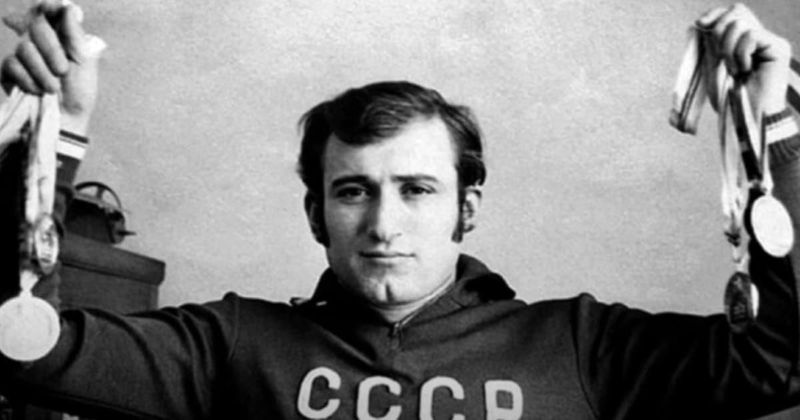In fictional worlds, it's a common sight to see superheroes doing the impossible, such as lifting tons of objects with their fingertips or flying through the air to rescue people. Although the real world scenario is very different, some real life stories prove that there is no lack of brave souls among us. Few people know the heroic story of Soviet swimmer Shavarsh Karapetyan, who, along with his younger brother Kamo, saved several lives from a sinking trolleybus.
This is former Armenian swimmer Shavarsh Karapetyan.
In 1976, he had just finished a 16-mile run when he heard a loud crash. The trolleybus lost control and fell into a reservoir. It was 25 meters (82 feet) offshore and submerged to a depth of 10 meters (33 feet). pic.twitter.com/E9WFN8v1ur
— Historical videos (@historyinmemes) September 24, 2023
It was 1976, Grantland said, and Karapetyan was training hard for a swim meet. Despite winning eight European swimming titles and setting numerous world records, he was left out of the national swimming team. He was training hard to regain his place on the team. He was running 13 miles with 45 pounds of sand on his back when he heard the sound of metal crunching. He witnessed a blizzard of dust rising from a hillside and a trolleybus disappearing beneath the surface of Lake Yerevan. Within seconds, he was seen sprinting towards the lake, shaking off a heavy load strapped to his back and diving into the lake to rescue the people on board the sinking bus.
From the moment he plunged into the depths of Yerevan, people feared whether he would be able to return to shore with his injuries. The lake had sewage-laced water and silt, reducing visibility. Miraculously, Karapetyan was able to kick open the back window of the trolleybus while underwater. In the process, a piece of glass cut his leg. But cold water helped stop the bleeding. With incredible determination, he was able to rescue 35-40 passengers, of whom only 20 survived.
At the scene of an accident, it can be difficult to find good swimmers among the general public. There were very few rescuers on the beach that day in 1976, and most of the cargo was on Karapetyan's shoulders. But he did the unthinkable and saved as many people as possible from the sinking bus.
However, Karapetyan developed serious health problems from diving and ended his swimming career. Her return to the pool did not last long, and she found herself not the athlete she once was. His respiratory system had been irreparably damaged by the time he spent in the toxic lake and the resulting pneumonia. Although this meant a tragic end to his swimming career, it was worth it for the life he saved.

